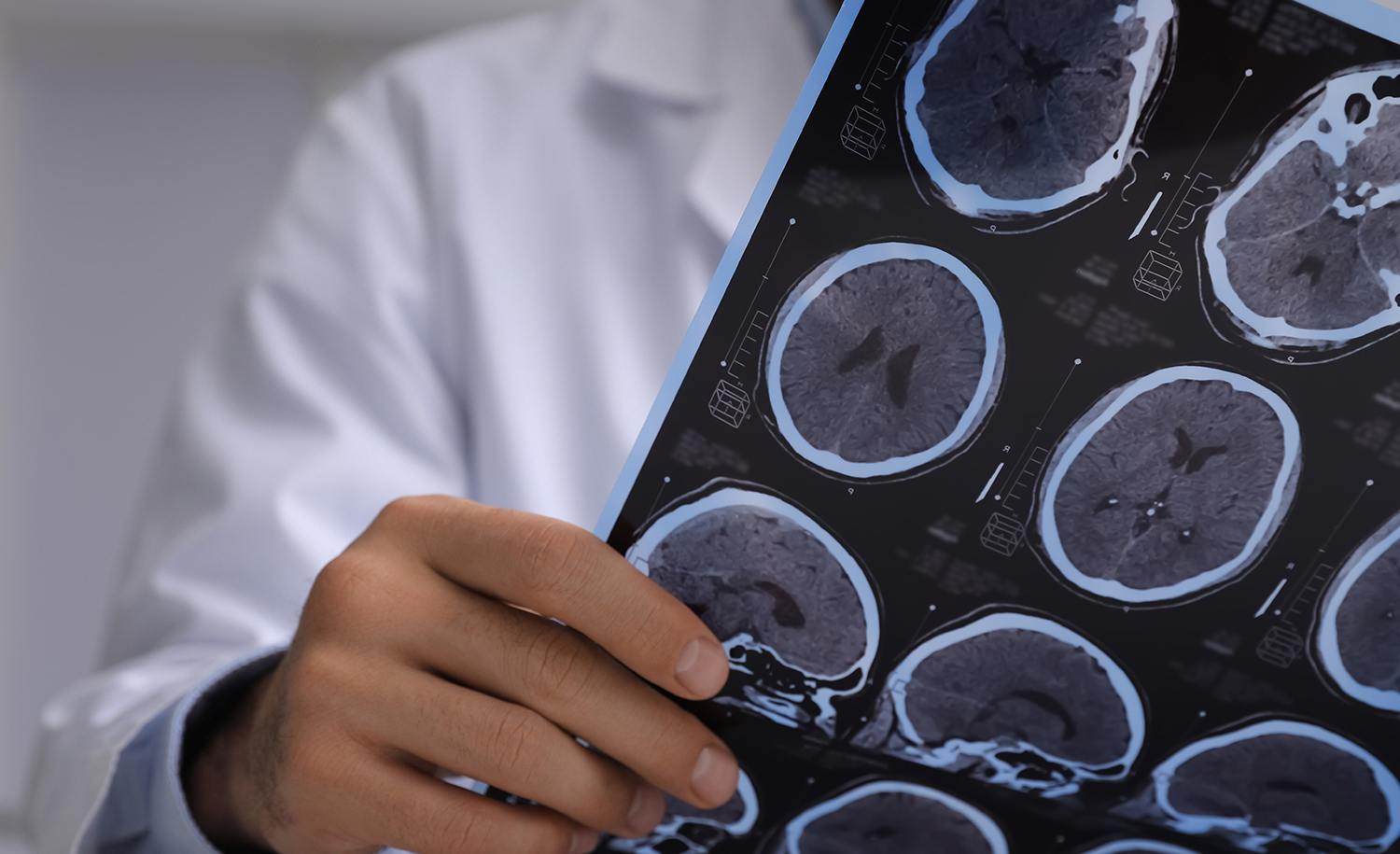Register now and start:
- Accessing PAR Training
- Shopping PAR products & tools
- Using online assessments with PARiConnect


Children with concussions have different needs than adults (Zimmerman et al., 2021). When managing pediatric concussions and their return to school (RTS) timeline, clinicians consider several variables, including the child’s psychosocial and emotional well-being, the risks of reinjury in the near future, the length of recovery, as well as any long-term effects that the student may experience (DeMatteo et al., 2020).
Common guidelines typically recommend 24 to 48 hours of physical and cognitive rest after injury, followed by a gradual return to school with support and accommodations (Podolak et al., 2021; Centers for Disease Control and Prevention, 2018) but a recent study published in JAMA Network Open reveals that an earlier RTS than previously recommended may be associated with reduced symptom burden at 14 days postinjury and may lead to a faster recovery (Vaughan et al., 2023).
About this study
This new study examined data from a past study, the Predicting Persistent Postconcussion Problems in Pediatrics (5P) cohort study, which was conducted between August 2013 and June 2015 across nine pediatric emergency departments (EDs) in Canada, with the goal of determining whether the timing of a return to school and the severity of symptoms at 14 days postinjury are related. The 5P cohort included more than 3,000 children and teens ages 5 to 17.99 who presented to an ED within 48 hours of suffering a concussion and excluded participants with nontrauma related injuries, Glasgow Coma Scores of 13 or less, abnormal brain CT or MRI findings, required hospitalization for multisystemic injuries, or needed neurosurgical procedures (Vaughan et al., 2023).
The study included only participants with a documented return to school date and whose absence from school did not occur during scheduled school closures (such as summer break, school breaks, or vacations).
Main study findings
For their analysis, early RTS was defined as two or fewer missed days from school and late return to school (late RTS) was defined as missing three or more days from school. Analysis of the 1,630 participants in the study revealed that 875 (53.7%) participants had an early RTS, and 755 (46.3%) participants had a late RTS. The mean number of days missed increased with the age of the participant (5 to 7.9 years, 2.61 days; 8 to 12.3 years, 3.26 days; 13 to 17.9 years, 4.71 days). Analyses controlled for a number of factors, including age, sex, preinjury history, mechanism of injury, and severity of acute symptoms.
Three key findings from the study revealed:
Vaughan and colleagues suspect the faster recovery may be related to increased social interaction, a return to regular school schedules with normal sleep–wake cycles, light to moderate physical activity, and reduced stress from missing less school.
“What this means for psychologists working with individuals who have sustained a concussion is that in many cases, advocating for early return to school with proper supports and safeguards allows for smoother reintegration and faster return to normal,” stated Maegan Sady, PhD, ABPP-CN, coauthor of the study and PAR project director.
Study strengths and limitations
The authors note that the generalizability of results is a key strength of this study. Researchers used nine study sites to create a sizable prospective cohort. Genders were equally represented among the participants, who presented with concussions brought on by a variety of injury causes (not just sports).
There were two key limitations of the study, as the authors noted. First, they noted that because RTS was not randomly assigned, early RTS did not necessarily cause symptoms to be lower, and school supports and accommodations were not measured but might have impacted early or late return cohorts differently (Vaughan et al., 2023).
Implications and future directives
Results from this study indicate that extended absence from school following a concussion is associated with a higher symptom burden and a slower recovery. The authors underline the need for additional research, such as a randomized clinical trial, to determine the ideal RTS timing (Vaughan et al., 2023).
Though an earlier RTS may be appropriate for most children following a concussion, there is no one-size-fits-all approach to concussion management. There is evidence that concussions can both “precipitate and exacerbate mental health difficulties, which may delay recovery and psychosocial outcomes” (Gornall et al., 2021). So it is essential that every child must be evaluated and managed on a case-by-case basis. Clinicians should consider pre- and post-concussion factors, which can impact the severity of symptoms and the length of recovery.
References
Centers for Disease Control and Prevention. (2018). Report to Congress: The Management of Traumatic Brain Injury in Children, National Center for Injury Prevention and Control; Division of Unintentional Injury Prevention. Atlanta, GA. Accessed March 28, 2023. https://www.cdc.gov/traumaticbraininjury/pubs/congress-childrentbi.html
DeMatteo, C., Randall, S., Falla, K., Lin, C. Y., Giglia, L., Mazurek, M. F., & Koelink, E. (2020). Concussion management for children has changed: New pediatric protocols using the latest evidence. Clinical Pediatrics, 59(1), 5–20. https://doi.org/10.1177/0009922819879457
Gornall, A., Takagi, M., Morawakage, T., Liu, X., & Anderson, V. (2021). Mental health after paediatric concussion: A systematic review and meta-analysis. British Journal of Sports Medicine, 55(18), 1048–1058. https://doi.org/10.1136/bjsports-2020-103548
Podolak, O. E., Arbogast, K. B., Master, C. L., Sleet, D., & Grady, M. F. (2021). Pediatric sports-related concussion: An approach to care. American Journal of Lifestyle Medicine, 16(4), 469–484. https://doi.org/10.1177/1559827620984995
Vaughan, C. G., Ledoux, A. A., Sady, M. D., Tang, K., Yeates, K. O., Sangha, G., Osmond, M. H., Freedman, S. B., Gravel, J., Gagnon, I., Craig, W., Burns, E., Boutis, K., Beer, D., Gioia, G., Zemek, R., & PERC 5P Concussion Team (2023). Association between early return to school following acute concussion and symptom burden at 2 weeks postinjury. JAMA Network Open, 6(1), e2251839. https://doi.org/10.1001/jamanetworkopen.2022.51839
Zimmerman, S. D., Vernau, B. T., Meehan, W. P., 3rd, & Master, C. L. (2021). Sports-related concussions and the pediatric patient. Clinics in Sports Medicine, 40(1), 147–158. https://doi.org/10.1016/j.csm.2020.08.010